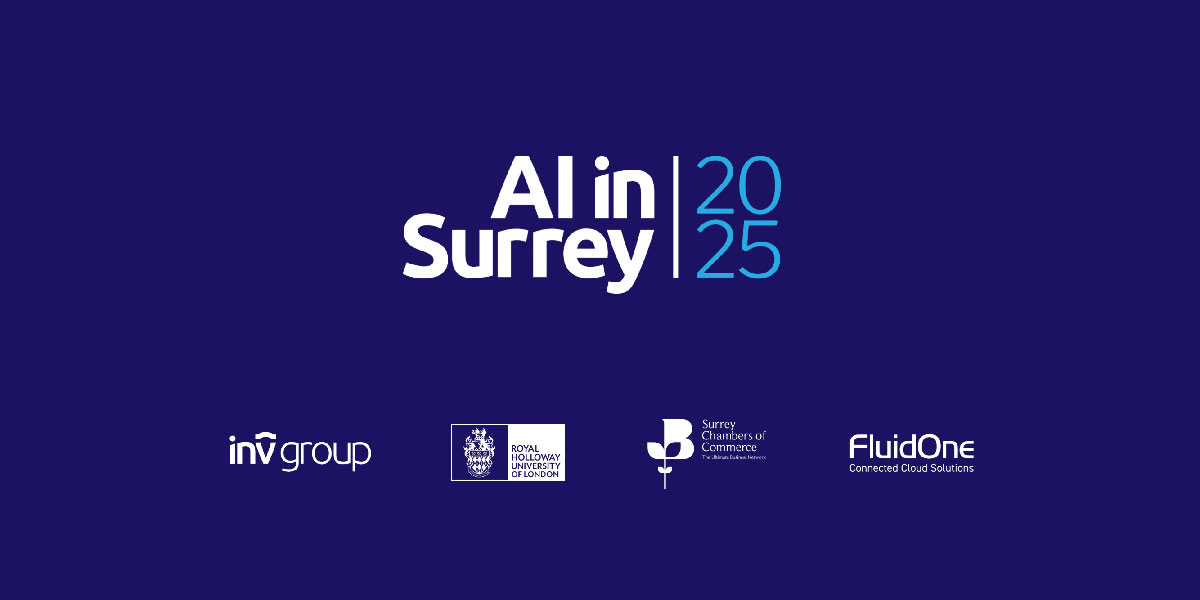Ahead of World Mental Health Day, here’s a piece I wrote for Forbes. As we move into hybrid work and the next normal, do we need to schedule our unscheduled encounters?
How do we replace the daily contact we used to have with people in our offices, those glass palaces in which we used to spend so much time? Do we not need the trivial, casual interactions of the water cooler, the office kitchen, the elevator? Enter data science company Profusion with what might seem like an amusing AI tidbit, but actually might point to a profound insight into why and how contact matters. The folks at Profusion built a coffee roulette system that automatically pairs and arranges meetings between staff members, unable to meet each other in the happenstance of our previous, ‘normal’ office life. They trialled it during lockdown and found it improved staff morale by 72% and engagement by 96% while working from home.
Their system, called ‘Coffee Roulette’ (slightly redolent of another random chat system we shan’t name, but let’s not be picky), is powered by a series of algorithms that identifies team members who are likely to have had little contact while working remotely during lockdown. The algorithms perform their analysis based on factors such as the team to which particular staff members belong, and their seniority. It then reviews their diaries on Microsoft Outlook and finds appropriate slots to automatically schedule an informal catch-up.
Interestingly, when Profusion trialled the system with 62 staff members over a period of two months and then surveyed their staff, they found that in the in the over one hundred short meetings their system scheduled, 72% of participants reported a ‘substantial improvement’ in their morale with 63% saying it significantly reduced feelings of isolation or unhappiness, as well as improving their overall engagement and productivity (hard to measure, that). More interestingly, more than half of them reported learning more about their colleagues’ jobs entailed (what else do you do but ask ‘what do you do, again?’ if an algorithm forces you to chat to someone?).
Their intramural success has prompted Profusion to seek larger companies to trial the system, which they report has helped its managers keep their finger ‘on the pulse’ of their company.
“Working from home has plenty of advantages, but the number one fear a lot of business leaders have is that company culture is suffering, which in turn is leading to feelings of isolation or unhappiness and lower productivity. We think this plays an important role in enabling people to share experiences, get advice and, crucially, prevents teams from becoming siloed,” said Natalie Cramp, CEO of Profusion.
Would we like and enjoy having random meetings scheduled for us by an algorithm, without any kind of mediated response from us? Wouldn’t it seem yet another imposition in our endless stream of remote videoconference calls? Isn’t it too forceful to assume that people actually want to talk to each other? Isn’t it understood that part of the natural dynamic of water cooler interaction is that it happens by chance, but also that the body cues and general affinity two (or more) people have for each other is part of the seed of conversation?
Perhaps.
But isn’t it grand, and quite right, that we should valiantly seek to redeploy AI from its typical purposes to instead fight loneliness and grift?
As James Thurber wrote in The Secret Life of Walter Mitty, when he lovingly paraphrased the mission statement LIFE‘s founder and publisher, Henry Luce, wrote about in 1936, shouldn’t our goal be “to see the world, things dangerous to come to, to see behind walls, draw closer, to find each other and to feel”? And what could be more dangerous and rewarding than drawing closer to each other?
Originally posted on the Forbes website





